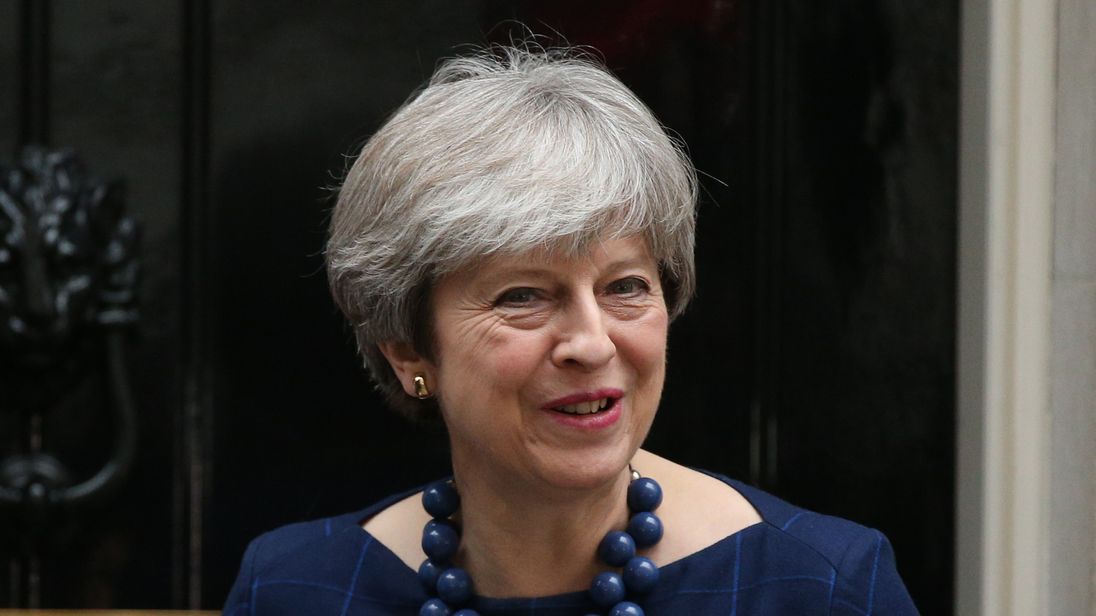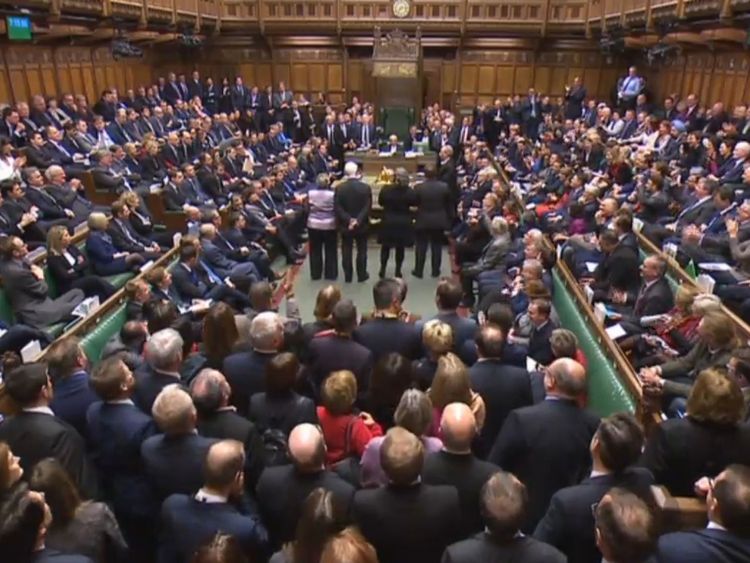In a speech to mark the centenary of women’s right to vote on Tuesday, Britain’s second female Prime Minister will praise the “heroism” of suffragettes as she outlines proposals to deal with online “bitterness and aggression”.
A record number of women were elected to Parliament in last June’s snap General Election.
But there is growing concern among political parties and MPs that increasing misogyny on social media will deter women from standing for election.
Speaking in Manchester, Mrs May will say: “While there is much to celebrate, I worry that our public debate is coarsening.
“That for some it is harder to disagree, without also demeaning opposing viewpoints in the process.”
The Prime Minister will say online abuse is often targeted at women, gay people and members of ethnic minorities, as she urges social media companies to do more to stamp out abuse.
Mrs May will announce a series of measures to try to tackle online aggression, including a new annual internet safety transparency report that will provide data on how social media companies are dealing with abusive material.
The Prime Minister will also introduce a social media code of practice later this year.
And she will endorse the recommendations of a Commons report into intimidation, which called for legislation to shift the balance of liability for illegal content to the social media companies.
In addition, Mrs May will ask the Law Commission to review legislation to ensure actions classed as illegal offline are also illegal online, in an attempt to better police the internet.
In the face of what is a threat to our democracy, I believe that all of us – individuals, governments, and media old and new – must accept our responsibility to help sustain a genuinely pluralist public debate for the future,” the Prime Minister will add.
Her speech will mark the 1918 Representation of the People Act, which granted the vote to many women aged over 30.
A century later and women now make up 32% of all MPs.
Nearly 45% of the Labour benches are made up of women, boosted by the party’s policy of all-women shortlists.
The Tories are lagging behind as just over one in five of their MPs are women.
But Conservative Party chairman Brandon Lewis told Sky News the party would not be introducing all-women shortlists to get more women on the Conservative benches.
Instead, the party is appointing a vice-chair of candidates – Maria Caulfield MP – to encourage more women to stand.
“We are working to change the culture across politics through cracking down on abuse and intimidation,” said Ms Caulfield.
“Gender quotas and shortlists are short-term fixes, which do not address the underlying problems we are tackling.”
Nicky Morgan, the former education secretary and equalities minister, said she too was now ambivalent about all-women shortlists, having given them conditional backing ahead of the 2015 General Election.
“We had this thing about all-women shortlists in the Labour Party and then I watched misogynistic abuse that Liz Kendall and Yvette Cooper got when they stood for the leader of the Labour Party,” she told Sky News.
“You have these shortlists and they’ve had them for at least 20 years.
“But, if you actually look at the Labour Party and the way those particular females candidates got trashed by their own members, actually what those all-women shortlists didn’t do was change the culture.”
Harriet Harman, former deputy Labour leader and the longest-serving female MP in the House of Commons, admits there has been resistance to all-women shortlists but says there were necessary to change representation in Parliament.
She also believes that while Labour has done the heavy lifting of getting women into Parliament, it is Mrs May who has the power as Prime Minister to effect real change for women on equal pay, domestic violence and childcare provision.
“When I was first in Parliament in 1982, it was 97% men and 3% women,” she told Sky News.
“That was the way it had been for the previous 50 years.
“It was almost like there was an invisible glass ceiling and we were determined and used all-women shortlists to increase that percentage of representation and now we’ve got over 40%.”
Ms Harman also said female politicians were more willing to work cross-party to campaign on women’s issues.
She said one milestone would come in April, when companies employing over 250 people will be forced to publish gender pay audits – a move that could lay bare the discrepancy in pay between men and women.
Mrs May will address female MPs past and present at a gathering in Westminster Hall later on Tuesday to launch a year-long Vote 100 programme of events to celebrate a century of female suffrage.
source:-.sky.ca

